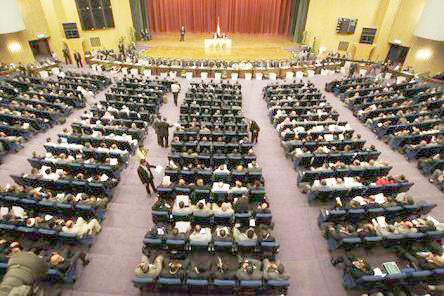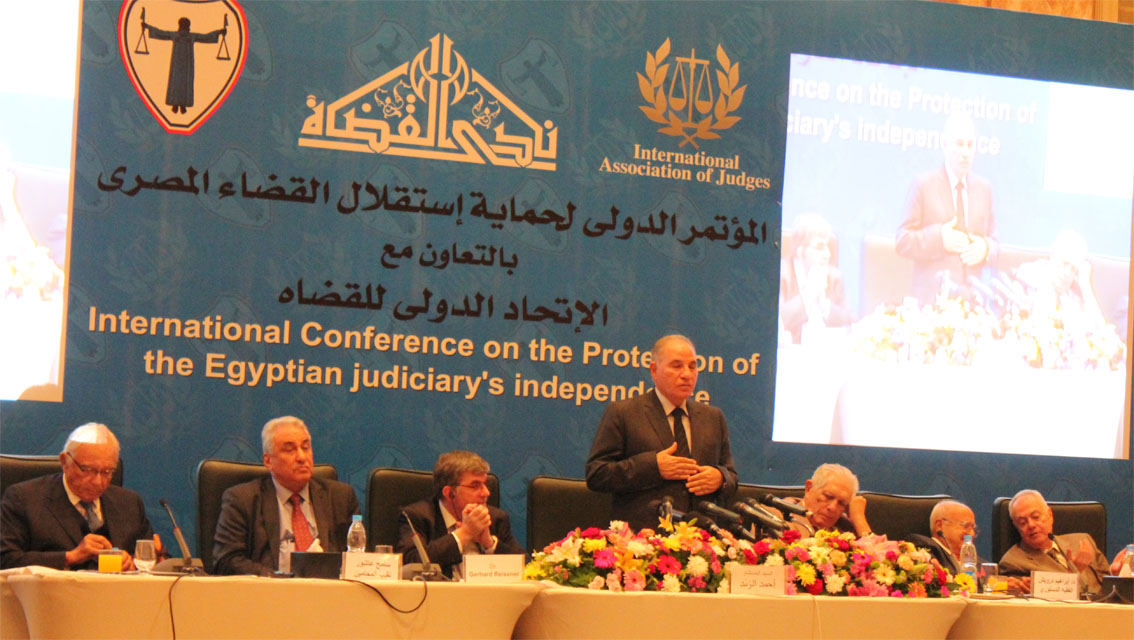 The Shura Council’s Economic and Financial Affairs Committee is citing widespread corruption within the state as the main reason for worsening public debt in a report that has created a firestorm since it was released.
The Shura Council’s Economic and Financial Affairs Committee is citing widespread corruption within the state as the main reason for worsening public debt in a report that has created a firestorm since it was released.
The report highlighted 65,000 instances of corruption in a single year as evidence of massive waste, with government agencies routinely exaggerating operating costs.
Contradictions in the data on public debt provided by the Ministry of Finance, the Central Bank, and the Central Auditing Organization (CAO), and inconsistent accounting practices, were indicated in the report.
The CAO reported that public debt stood at EGP 1.2 trillion by the end of June, 2011, compared to EGP 1.07 trillion in the previous year.
Internal debt last year stood at EGP 888.7 billion in 2011.
After subtracting EGP 182.4 billion in government deposits, public debt in 2011 was EGP 1.044 trillion.
The Ministry of Finance estimated public debt to be at EGP 801.1billion while the Central Bank estimated EGP 1.13 trillion at the end of December 2011.
The report warned that public debt would soon surpass safe limits according to international standards predicted that Egypt would borrow $11billion in the next two years, with the growth rate of government debt went from 10.4% before the revolution to 17.5% after.
The formation of a supreme council to administer the debt directly responsible to the cabinet was also called for in the report.
The council would be tasked with developing a strategy to rationalise public spending and to re-structure oversight agencies to prevent corruption.
It would also be responsible for re-evaluating subsidies in the public budget, as it is considered one of the greatest sources of government waste.
It is estimated that half of public funds spent on subsidies went directly to wealthy intermediaries.



